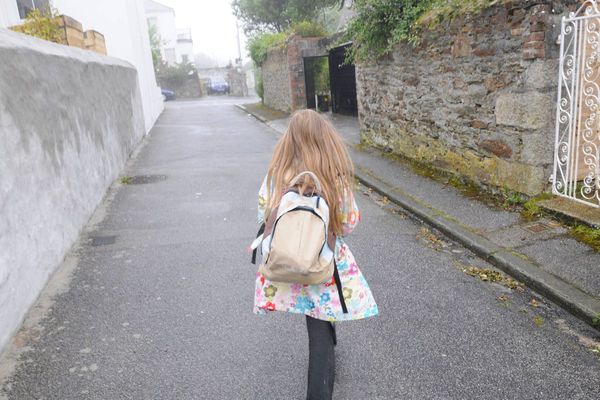People with covid should not have to go to work, even after self-isolation ends, Downing Street has said.
Boris Johnson said on Wednesday that laws which require people to stay at home if they have tested positive for the virus will be lifted within weeks.
The Government is currently drawing up its living with covid strategy which the PM has said will be presented on the first day back from the half term break on February 21.
But when asked if the change would mean people could go to work if they had Covid, the PM’s official spokesman said: “So there would be guidance, that would not be what we are recommending.
“What we would simply be doing is removing the domestic regulations which relate to isolation.
“But obviously in the same way that someone with flu, we wouldn’t recommend they go to work, we would never recommend anyone goes to work when they have an infectious disease.”
He added: “We’ve talked about how we will need to manage living with coronavirus as we emerge from this pandemic. We are entering into that phase of endemicity as I’ve talked about, and it’s only right that we adjust according.”
Asked if there will be “any advice for business… when it comes to how to treat employees”, the PM’s press secretary responded: “Yes, there will be a wide range of guidance included for businesses.”
Downing Street said the ending of legal restrictions in England would be an “important step for this country”.
The Prime Minister's official spokesman said: “This would represent an important step for this country as we move out of the pandemic.
“And it is thanks to the British people who stepped up when needed – both at the start of the vaccination programme and the booster programme over Christmas, we saw people come forward in huge numbers very quickly.
“And it’s that level of protection that has meant that we are able to emerge much faster.
“It is a boon both for the public – we are able to restore freedoms – but also to our hard-hit businesses, particularly hospitality, enabling our economy to grow further.
“It shows that the hard work of the British people is paying off.”
The living with covid strategy will also set out what arrangements will be in place for international travel, Downing Street said.
It will address the future of the Coronavirus Act 2020, which is due for review by March 25, 2022,” the spokesman told reporters adding: “That covers the remaining non-domestic regulations on international travel, so that’s things like the passenger locator forms and tests for the unvaccinated.”
Asked if those rules would remain in place until the end of March, the spokesman said “we will obviously make a decision when we get to that stage”.
Covid-19 infection levels have risen in most parts of the UK, with only Wales showing a clear week-on-week fall, according to figures from the Office for National Statistics (ONS).
In England around one in 19 people in private households are estimated to have had the virus in the week to February 5, or 2.8 million people – up from one in 20, or 2.6 million people, in the week to January 29, though the ONS describes the trend as “uncertain”.
Northern Ireland saw infections continuing to increase week-on-week, from one in 15 people to one in 13 – the highest since records began – while in Scotland the estimate is up from one in 30 to one in 25.
In Wales, around one in 25 people is estimated to have had Covid-19 last week, down from one in 20 the previous week.
In England, around one in nine children (11.5 per cent) from age two to school year 6 are likely to have had Covid-19 last week, the highest level for any age group, the ONS said.
This is down from one in eight, or 13.1 per cent, the previous week.
For children in school years 7 to 11 the estimate was around one in 11 (8.7 per cent), up week-on-week from one in 13 (7.6 per cent).
For more stories from where you live, visit InYourArea







